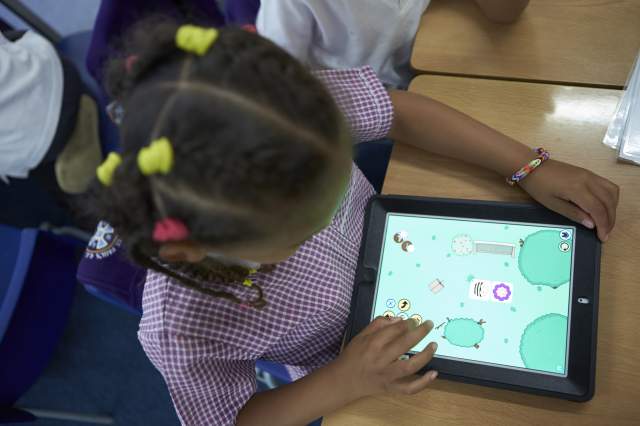Safer use of technology
The internet and associated apps present a great opportunity for us all to develop and create, however they also present risks. We believe that children should be made aware of the potential risks and be taught how to avoid them, how to use technology safely and responsibly and what to do if things go wrong. We do this through: direct teaching in computing lessons, running e-safety assemblies, holding e-safety workshops for parents and working with the Police and other organisations to disseminate safety information.
Keeping up with the technology and how young people are using it can be really challenging for adults. There are some basic steps that can be taken to help keep your child safe whilst using technology:
- Don’t assume that your child isn’t using technology.
- Ensure firewalls and parental filters are activated on all technology. Often children may receive a parent’s or sibling’s old phone - ensure that the parental settings are in place before handing the phone over.
- Encourage your child not to share their password with friends. Others can then log in and post messages pretending to be you.
- If you/your child receive any threatening/abusive or offensive messages, don’t respond. Instead save it and report it to an adult, the school or where necessary to the Police. Alternatively, click here to report an incident directly to CEOP (Child Exploitation and Online Protection).
- Consider the posts your child is making on line. The apparent anonymity of the internet sometimes encourages people to post things that they would never actually say to a friend.
- Don’t share too much personal information with strangers on line.
- Remember that other users may not be children, even if they say that they are in their posts.
- Never agree to meet anybody who contacts you on line.
Links
For more information on keeping your child safe online or when using mobile devices, please click on the links below:
Childnet
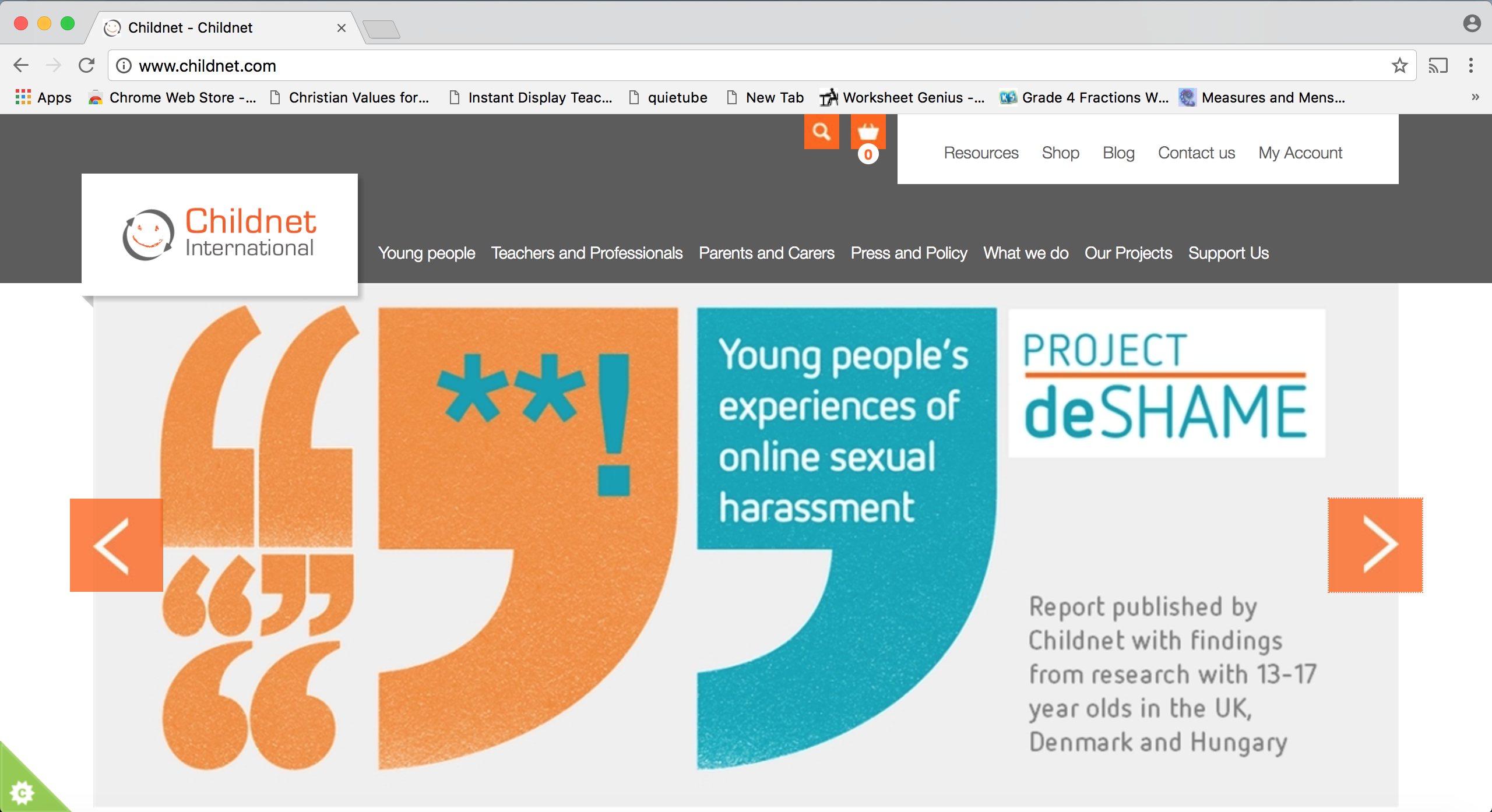
Childnet is a not for profit organisation with e-safety tips for parents and teachers, as well as games and quizzes for children.
Safer Internet Day
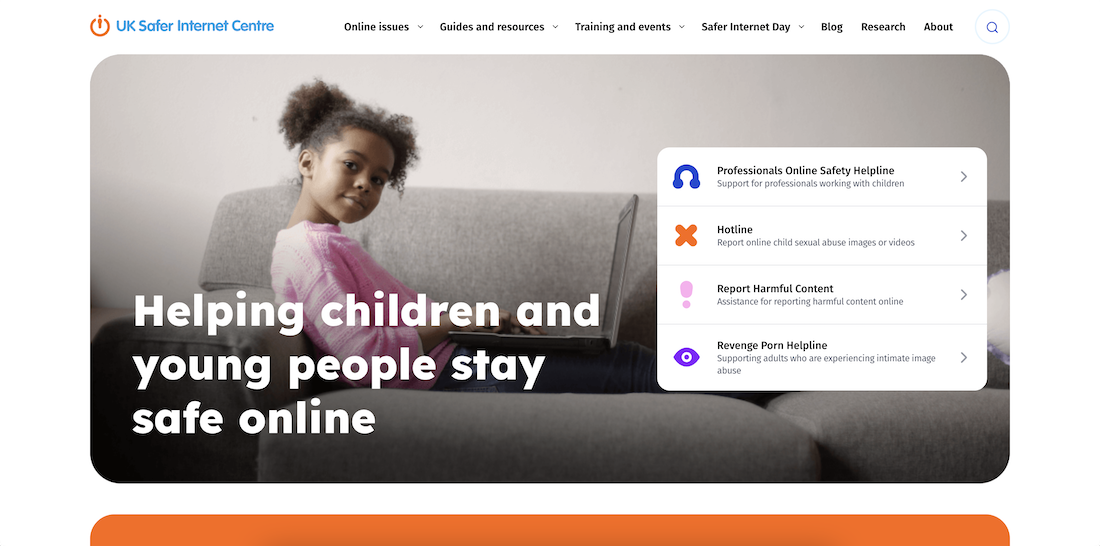
A partnership of three leading organisations: Childnet International, Internet Watch Foundation and SWGfL, with one mission – to make the internet a great and safe place for children and young people.
ThinkUKnow
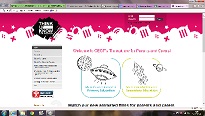
There is a wealth of advice and resources for parents and children on safe use of technology on the THINKUKNOW website, produced by CEOP.
Get Safe Online
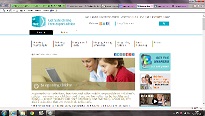
Advice on online safety which also includes tips on avoiding identity theft.
NSPCC
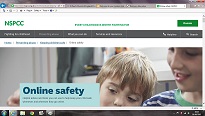
The NSPCC also offers advice on keeping children safe when using social media, including a section on mobile devices.
Parentzone
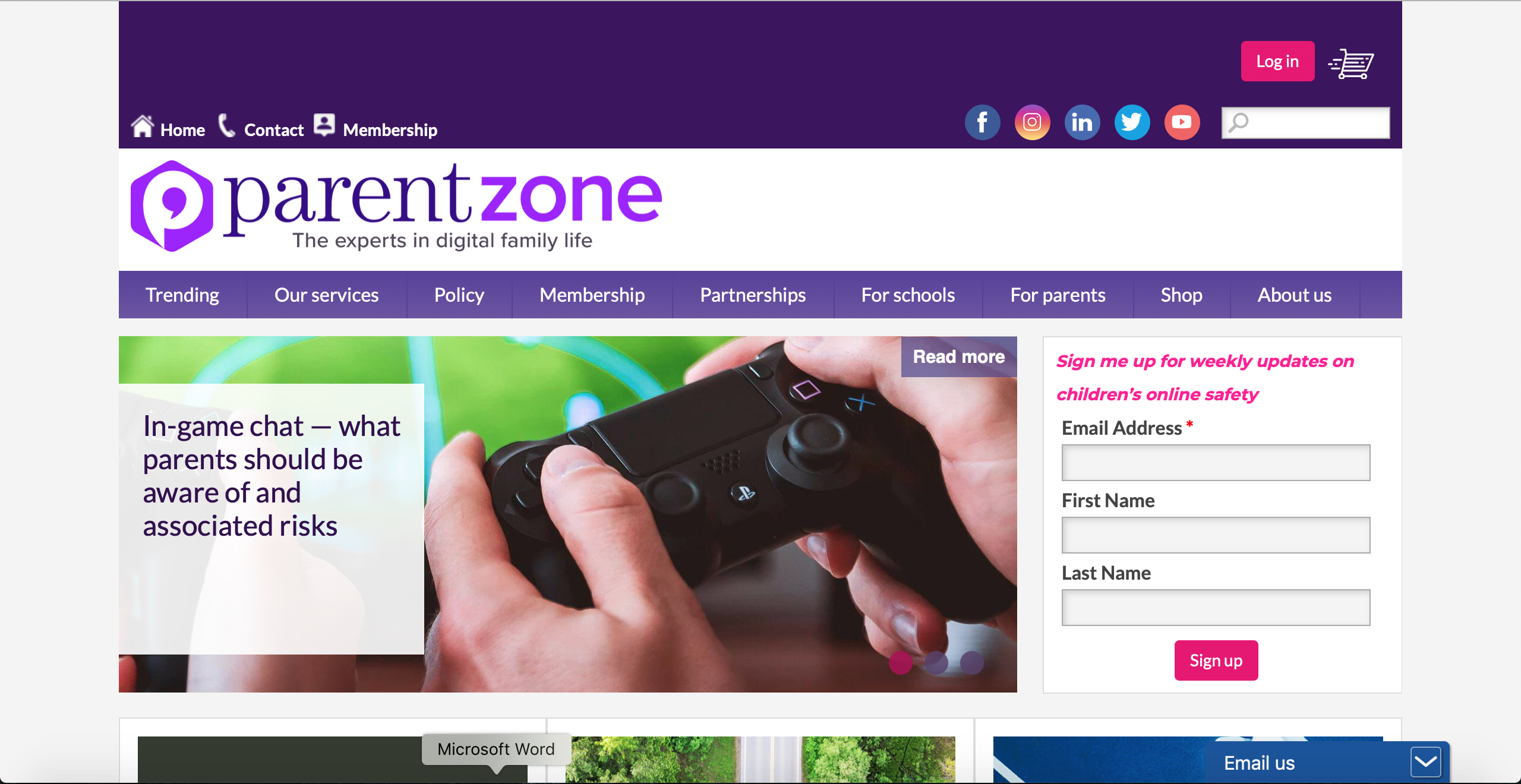
Parentzone provide support and information to parents, children and schools, working to help families to navigate the internet safely and confidently. You can also subscribe to a free newsletter.
Sony Playstation Online Guidance
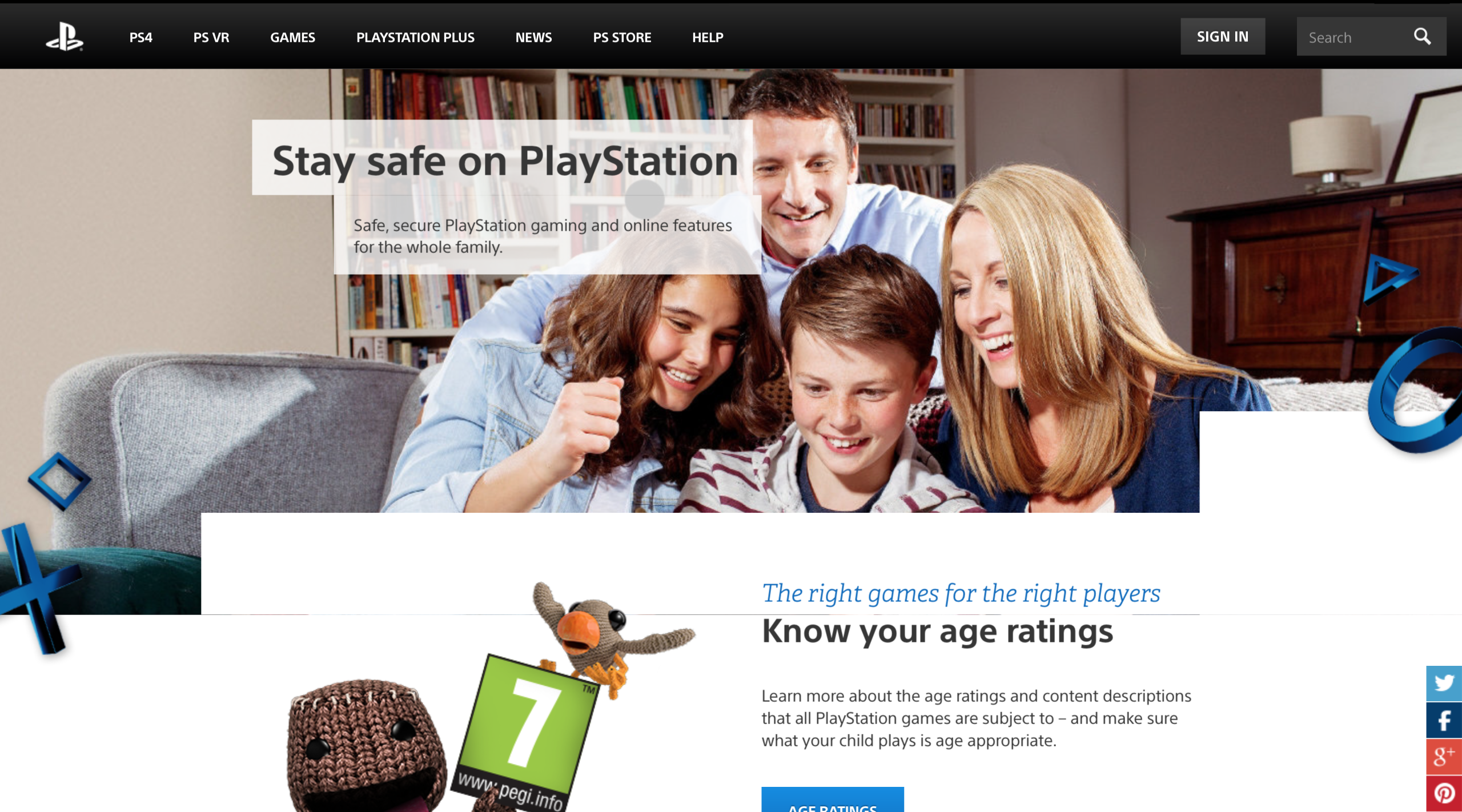
Advice and guidance from Sony on playing online games and chatting to other gamers.
Internet Matters
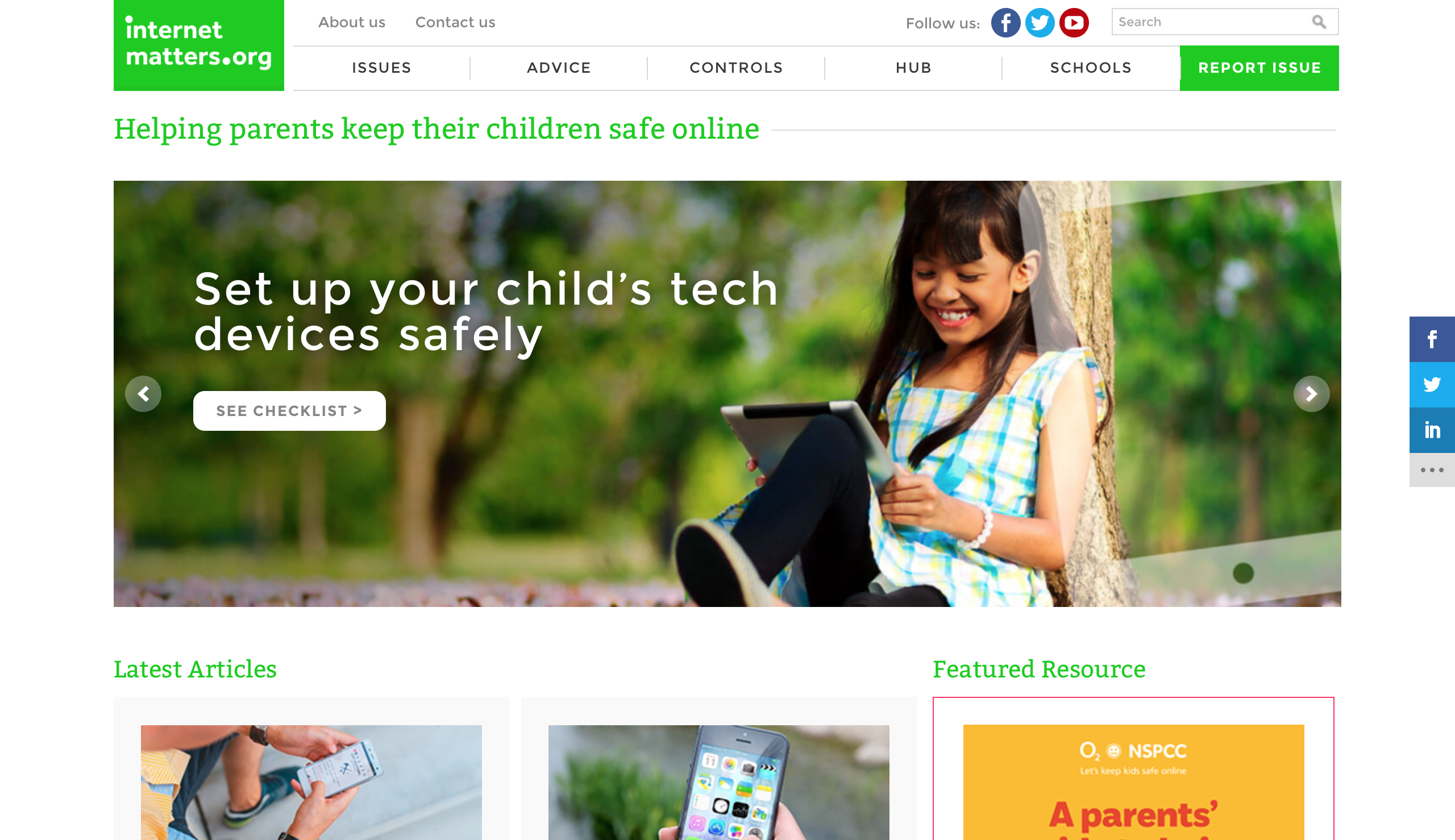
Part of the UK Council for Child Internet Safety, a not for profit website giving general online safety advice for parents - including a free e-safety checklist app.
Swiggle Search Engine
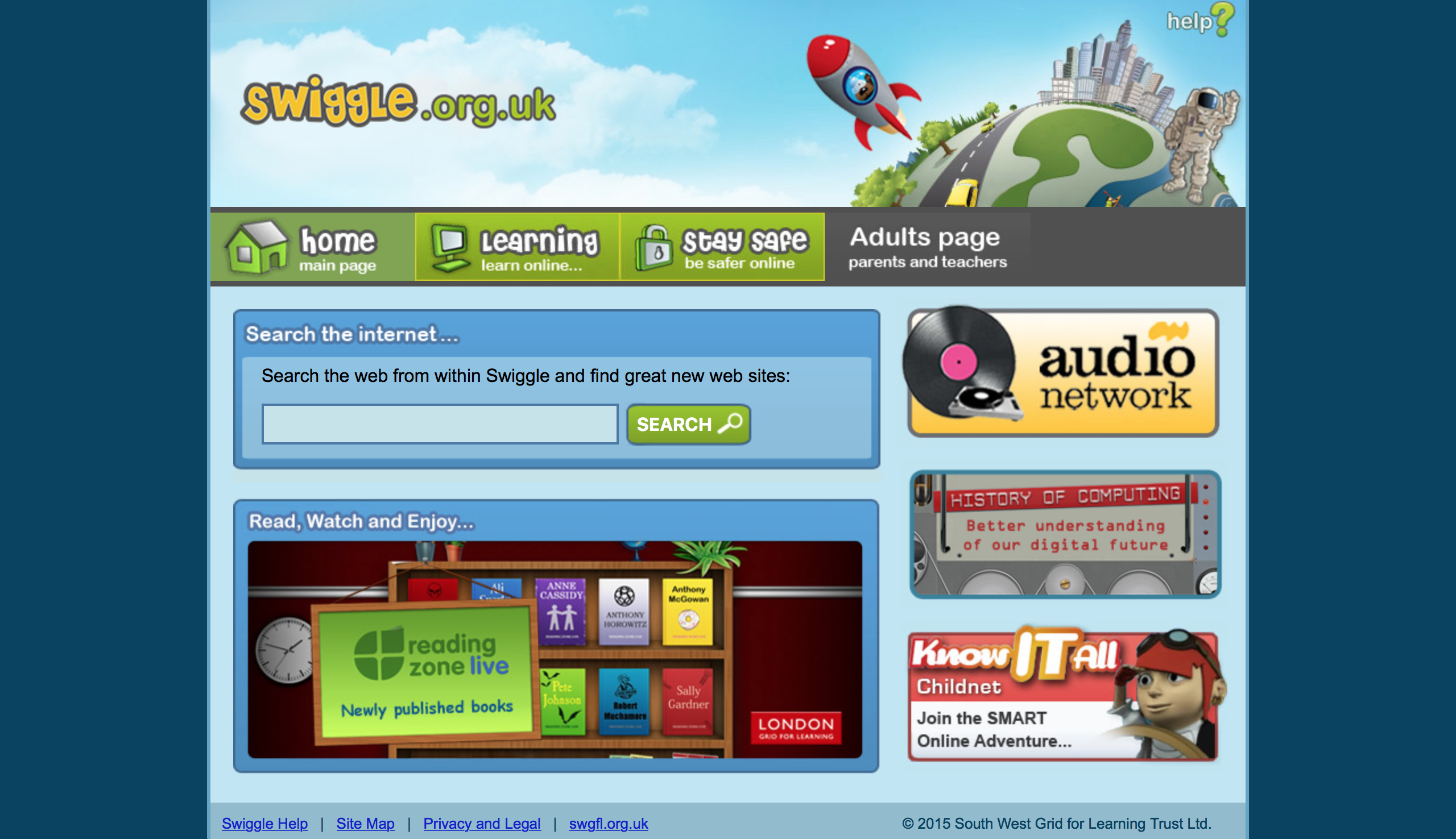
Swiggle is a safe search engine for children run by the South West Grid for Learning, which also has links to advice for children for staying safe online.
Safety Guides for Parents
Below are safety guides for a wide variety of popular apps and games (from www.nationalonlinesafety.com)

